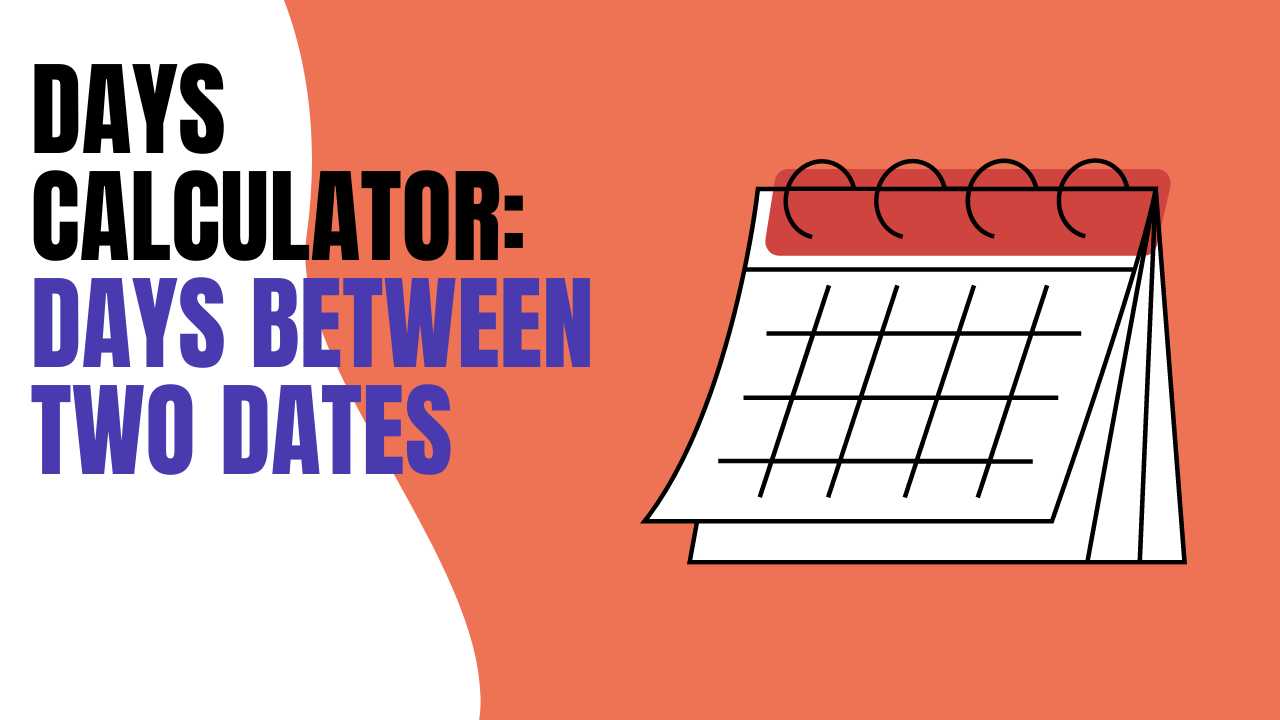What is TDEE Calculator?
TDEE stands for Total Daily Energy Expenditure. It estimates how many calories your body burns in a day. TDEE is calculated by considering your basal metabolic rate (BMR), activity level, and the thermic effect of food.
- Basal metabolic rate (BMR) is the number of calories your body burns at rest. It is the energy your body needs to keep your organs functioning and maintain your body temperature.
- Activity level is a measure of how active you are. It is categorized as sedentary, lightly active, moderately active, or very active.
- The thermic effect of food is the amount of calories your body burns digesting and absorbing food.
There are many TDEE calculators available online. These calculators can help you estimate your TDEE based on age, height, weight, and activity level.
Once you know your TDEE, you can use it to determine how many calories you need to eat to lose, gain, or maintain your weight. To lose weight, you must eat fewer calories than your TDEE. If you’re going to gain weight, you must eat more calories than your TDEE. If you’re going to maintain your weight, you must eat the same number of calories as your TDEE.
It is important to note that TDEE calculators are just estimates. Your actual TDEE may be higher or lower than the estimate. The best way to determine your TDEE is to track your calorie intake and weight for a few weeks and see how your weight changes.
Here are some of the benefits of using a TDEE calculator:
- It can help you determine how many calories you need to eat to reach your weight loss or gain goals.
- It can help you track your progress over time.
- It can help you adjust your diet and exercise routine as needed.
If you are serious about losing or gaining weight, I recommend using a TDEE calculator to help you get started.
FAQs for TDEE Calculator:
1. What is TDEE?
Total Daily Energy Expenditure (TDEE) is the total number of calories your body needs to maintain its current weight, including basal metabolic rate and physical activity.
2. How does a TDEE calculator work?
A TDEE calculator uses your age, gender, weight, height, and activity level to estimate your daily calorie needs, helping you manage your weight and fitness goals.
3. How accurate are TDEE calculators?
TDEE calculators provide estimates based on general formulas. While they are a useful starting point, individual variations exist, so it’s important to adjust calorie intake based on personal progress and feedback from your body.
4. Can TDEE calculators help with weight loss?
Yes, knowing your TDEE can be valuable for weight management. Consuming fewer calories than your TDEE creates a calorie deficit, resulting in weight loss over time.
5. How often should I recalculate my TDEE?
It’s recommended to recalculate your TDEE every few months, especially if your weight or activity level changes significantly. This ensures accuracy in adjusting your calorie intake for optimal results.
6. Are TDEE calculators suitable for athletes or people with specific dietary needs?
TDEE calculators provide a general estimate and may not be tailored to specific dietary requirements or athletes with specialized training regimens. Consulting with a healthcare professional or nutritionist is advisable for personalized advice.
7. Can TDEE calculators be used for weight gain?
Yes, consuming more calories than your TDEE can create a calorie surplus, promoting weight gain. However, it’s recommended to do this under the guidance of a healthcare professional or nutritionist to ensure a healthy approach.
8. Can TDEE calculators account for medical conditions or metabolic disorders?
TDEE calculators generally provide estimates based on average metabolic rates. Consulting with a healthcare professional is crucial for personalized guidance if you have a medical condition or metabolic disorder.
9. Are TDEE calculators suitable for pregnant or breastfeeding individuals?
During pregnancy or lactation, calorie needs change significantly. It’s best to consult a healthcare professional to determine appropriate calorie intake based on individual circumstances.
10. Can TDEE calculators replace professional guidance?
While TDEE calculators are useful tools, they should not substitute personalized advice from healthcare professionals, nutritionists, or dietitians. They can provide a starting point, but professional guidance ensures safety and effectiveness.
Also, check the following: BMI Calculator
Blogger, Affiliate marketer, and Entrepreneur.










